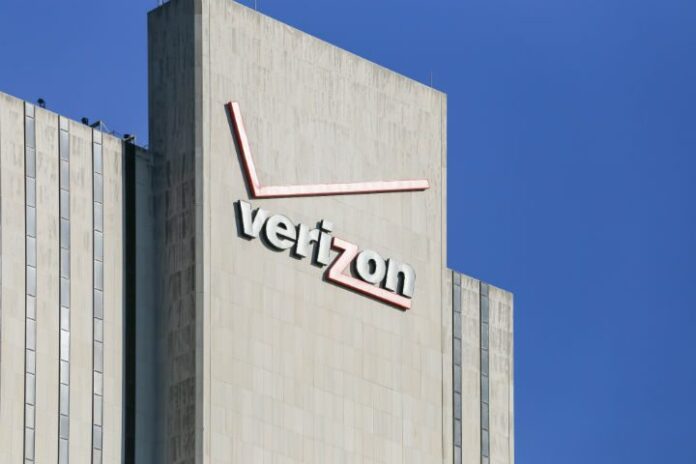Verizon CFO says carrier is comfortable with current spectrum depth
Verizon Communications continues to dance around a firm commitment to participate in the Federal Communications Commission’s upcoming 600 MHz incentive auction process, with company CFO Fran Shammo telling an investor conference the carrier was comfortable with its current position.
Similar to comments made last month during its third-quarter financial conference call, Shammo told attendees at this week’s Wells Fargo Technology, Media and Telecom Conference, 600 MHz spectrum was not a priority for the carrier, citing potential interference issues with its current 700 MHz spectrum holdings. Instead, Shammo noted higher-band spectrum in the 1.7/2.1 GHz frequencies were of potentially greater interest to the carrier, and that it was also continuing to refarm its 1.9 GHz spectrum and eventually looking at its 850 MHz spectrum to support its LTE growth.
Shammo explained the carrier was currently using only 40% of its spectrum portfolio to support its LTE network, which it has previously stated is carrying 87% of its data traffic. BTIG Research noted in a recent report Verizon Wireless had an average nationwide spectrum depth of 116 megahertz, including its AWS-3 licenses.
Sprint recently announced it would not participate in the 600 MHz auction proceedings, citing its already robust spectrum position. To this point, only AT&T and T-Mobile US among the nationwide operators have thrown significant support behind the rapidly approaching spectrum auction.
Despite downplaying its 600 MHz auction plans, Shammo did say the carrier was awaiting final rules before deciding on its potential participation level. Current rules and plans could see approximately 50 megahertz of spectrum open to all bidders, which in the larger markets is expected to be dominated by Verizon and AT&T. With very little expected competition for those licenses, BTIG noted Verizon could find license pricing to good to pass up.
“It would be more logical for those carriers to each take [20 to 25 megahertz] and keep prices low,” explained BTIG’s Walter Piecyk. “Verizon has downplayed its need for low-band spectrum. Yet given the lack of spectrum available … its possible that Verizon could be far more aggressive in this auction. At [$2 per megahertz/potential customer covered], it would cost Verizon $12.5 billion for 20 megahertz of spectrum.”
Shammo further highlighted Verizon’s mellow attitude towards the spectrum auction process by noting the carrier dropped out of the bidding process for AWS-3 licenses covering larger market like Chicago and New York City, which eventually reached several billion dollars each. Instead, Shammo said the carrier could build out the same capacity for $1.5 billion, with the carrier focusing some of those efforts on small cell deployments.
Verizon did end up spending more than $10 billion on licenses in the AWS-3 proceedings, but despite public acknowledgement that it has interest in some of Dish Network’s spectrum holdings, Verizon is not comfortable with current prices.
Bored? Why not follow me on Twitter
Photo copyright: mixmotive / 123RF Stock Photo

